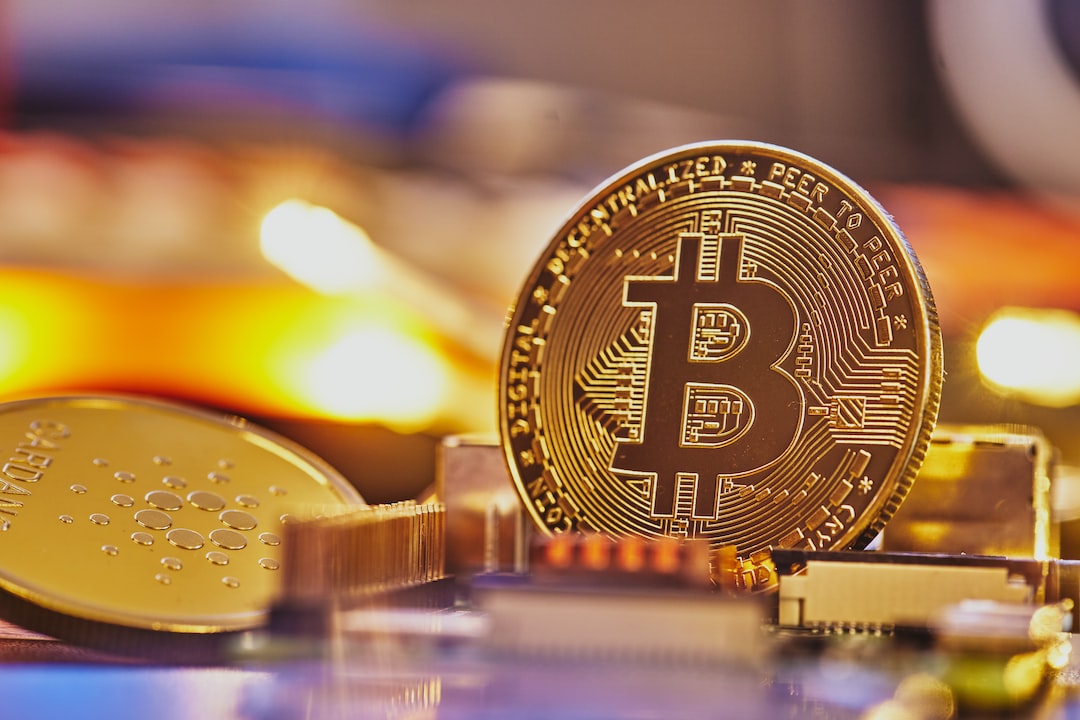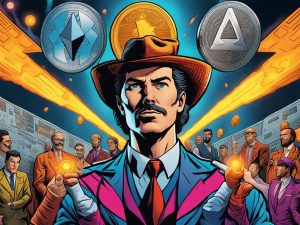IMF Official Highlights Risk of Cold War II
In her speech at the 20th World Congress of the International Economic Association, Gita Gopinath, the International Monetary Fund’s (IMF) first managing deputy director, expressed concerns about the potential for a new Cold War between the United States and China.
Increased Economic Interdependence
Gopinath pointed out that unlike the original Cold War between the US and Soviet Union, today’s global economy is highly interconnected. The level of economic interdependence between countries has significantly increased, with global trade to GDP now at 60 percent compared to 24 percent during the Cold War. The IMF official emphasized that a new Cold War could disrupt global value chains and erode the gains from open trade.
Uncertainty and Emerging Fault Lines
Gopinath highlighted the uncertainty surrounding countries’ political allegiances and the potential for geoeconomic fragmentation. In today’s world, swings in the ideology of political leaders make it difficult to predict which bloc countries may choose to align with, increasing economic costs. If this fragmentation deepens, there is a risk of a new Cold War, with detrimental consequences for the global economy.
Promoting a Multilateral Trading System
The IMF official urged policymakers to advocate for a multilateral rules-based trading system and the institutions that support it. She emphasized that while there are currently no signs of a broad-based retreat from globalization, fault lines are emerging. Gopinath stressed the importance of avoiding a new Cold War, as a fragmented world would be unable to effectively tackle the common challenges faced by emerging and developing countries.
The Risks and Costs of Cold War II
Gopinath warned that the economic costs of a new Cold War would be substantial. With the world being highly interconnected, a fragmented global economy would hinder progress and lead to losses for many nations. She stressed the need for policymakers to consider the gains from open trade and work towards maintaining a cooperative and mutually beneficial international trade environment.
Hot Take: The Urgency of Preserving Global Economic Cooperation
The IMF’s first deputy managing director, Gita Gopinath, delivered a thought-provoking speech on the risks of Cold War II at a recent economic conference. She emphasized the significant differences between today’s geopolitical landscape and the Cold War era, particularly in terms of economic interdependence. Gopinath warned that a new Cold War between the US and China could disrupt global trade and fragment the global economy. This would not only lead to economic losses but also hinder the ability to address common challenges. Policymakers must prioritize the preservation of a multilateral trading system to avoid the dire consequences of Cold War II.





 By
By
 By
By
 By
By

 By
By
 By
By